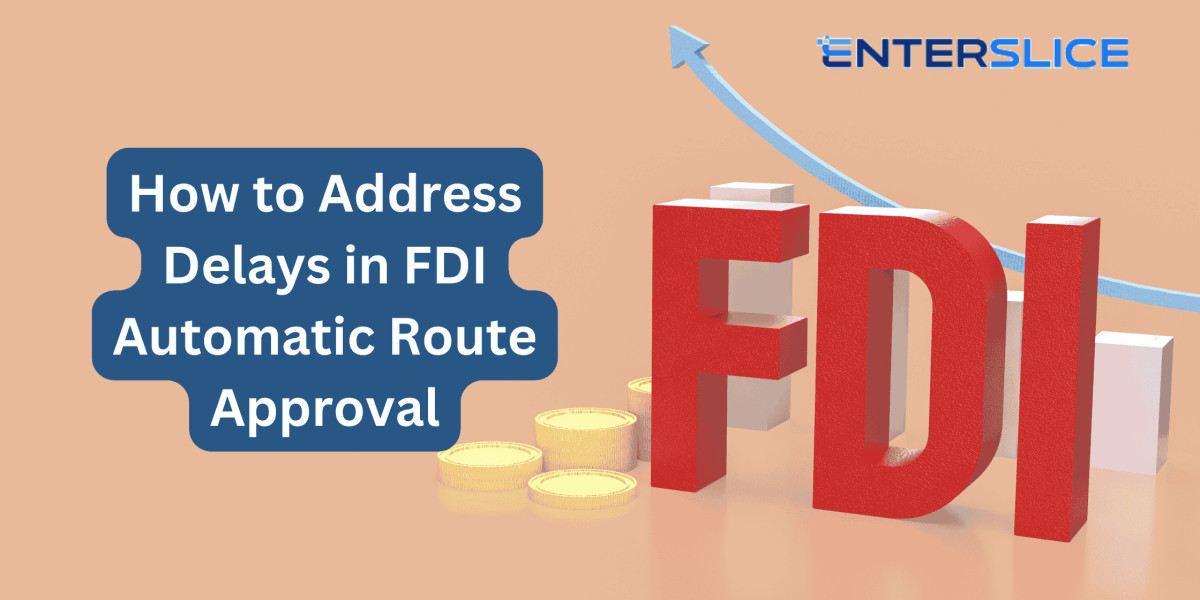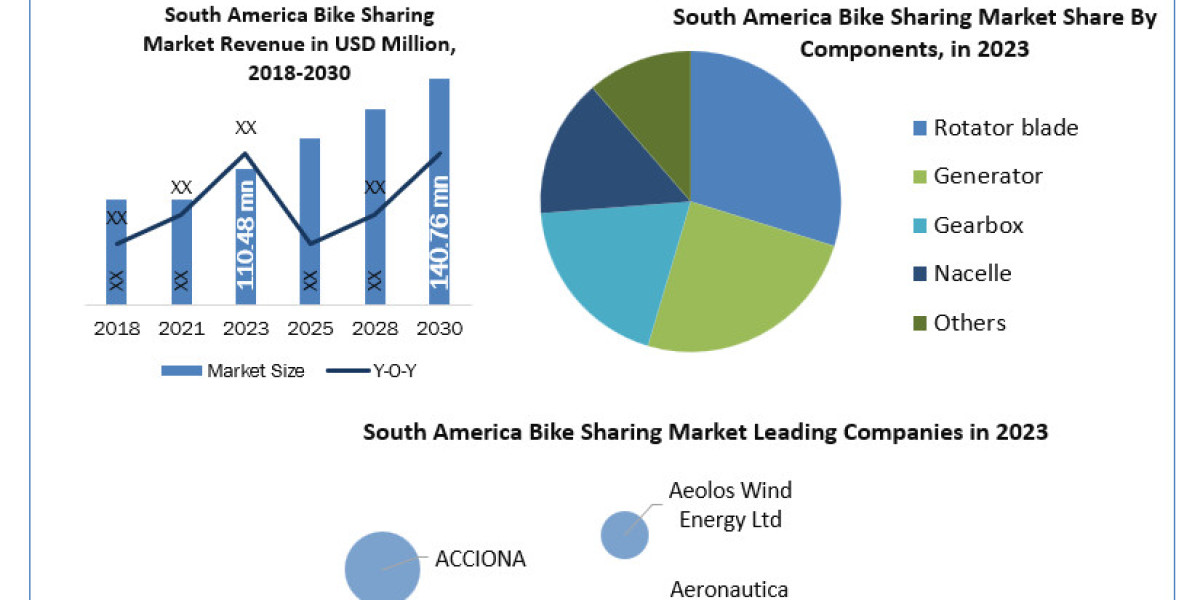The FDI (Foreign Direct Investment) Automatic Route is a key facilitator for foreign investors to enter the Indian market without prior government approval. While this route simplifies the process of investing in India, delays in the approval of FDI proposals can still occur, causing concerns for investors. These delays can result from incomplete documentation, regulatory clarifications, or administrative bottlenecks.
In this article, we’ll explore the common reasons for delays in FDI Automatic Route approvals, actionable steps to address them, and tips to streamline the process for a smoother investment journey.
Understanding the FDI Automatic Route Approval ProcessThe FDI Automatic Route allows foreign investors to invest in sectors where government approval is not required. However, certain compliance requirements must be fulfilled to facilitate the inflow of funds. These include reporting transactions to the Reserve Bank of India (RBI), adhering to sectoral caps, and ensuring compliance with Foreign Exchange Management Act (FEMA) regulations.
Despite being labeled as "automatic," some processes, such as filing forms with the RBI or meeting sector-specific guidelines, can lead to procedural delays if not handled meticulously.
Common Reasons for Delays in FDI Automatic Route Approvals
Incomplete Documentation
Missing or incorrect documentation is one of the primary reasons for delays. Essential documents, such as board resolutions, shareholding patterns, and foreign investor details, must be accurately prepared and submitted.Non-Adherence to Sectoral Caps
FDI is allowed up to a specified percentage in certain sectors. Any deviation from these caps requires government approval, which can lead to delays.Issues with FEMA Compliance
Failure to comply with FEMA regulations can result in additional scrutiny by the RBI, causing delays. This includes errors in filing Form FC-GPR (Foreign Currency-Gross Provisional Return) or Form FC-TRS (Foreign Currency-Transfer of Shares).Pending Clarifications
Regulatory authorities may seek clarifications on specific transactions or investments, which can extend the timeline for approval.Banking and Administrative Delays
Delays can also occur at the Authorized Dealer Bank level, where the documentation is verified before being forwarded to the RBI.
Steps to Address Delays in FDI Automatic Route Approvals
1. Conduct a Thorough Pre-Investment Check
Before initiating the FDI process, ensure all required documents are prepared and verified. Cross-check details like:
- Shareholding patterns.
- KYC of foreign investors.
- Valuation reports (if applicable).
Engaging an expert in FDI Automatic Route compliance can help identify potential gaps early.
2. Review Sector-Specific Regulations
Different sectors have unique guidelines under the FDI Automatic Route. For example:
- In the retail sector, compliance with local sourcing norms is mandatory.
- In the insurance sector, investments must align with the 74% sectoral cap.
Understanding these sectoral nuances can prevent unnecessary rejections or delays.
3. Ensure Accurate FEMA Compliance
File all necessary forms under FEMA compliance regulations correctly and within the prescribed timeline. For instance:
- Form FC-GPR must be filed within 30 days of allotment of shares to the foreign investor.
- Form FC-TRS must be submitted within 60 days of a share transfer involving a non-resident and a resident.
Mistakes in these filings can result in RBI seeking clarifications or imposing penalties, causing further delays.
4. Coordinate Closely with Authorized Dealer BanksAuthorized Dealer Banks play a crucial role in verifying FDI transactions. Any discrepancy in the documentation submitted to the bank can lead to delays. Maintaining clear communication with your bank and promptly addressing their queries can expedite the process.
5. Engage with Regulatory Authorities Proactively
If your application faces delays, reach out to the RBI or other relevant authorities through formal channels. Submitting a written request for an update or clarification can help move the process forward. Be sure to provide all supporting documentation to strengthen your case.
6. Take Professional Advisory Services
Navigating the complexities of FDI Automatic Route compliance can be challenging, especially for first-time investors. Hiring a professional advisor or compliance consultant can ensure that your application is error-free and meets all regulatory requirements.
7. Be Prepared for Audits and Queries
Delays often occur when authorities flag inconsistencies or irregularities in FDI transactions. Being audit-ready with complete and accurate records of your transactions can help resolve queries swiftly.
Preventing Future Delays in FDI Automatic Route Approvals
Automate Compliance Processes
Using technology to track timelines for filing compliance forms can help avoid delays due to missed deadlines.Stay Updated on Regulatory Changes
FDI regulations are subject to periodic updates. Staying informed about these changes can help you adapt your investment strategy accordingly.Develop a Strong Relationship with Your Bank
Regular interactions with your Authorized Dealer Bank can ensure smoother processing of FDI-related transactions in the future.Invest in Training for Internal Teams
Educate your finance and legal teams on the nuances of FDI Automatic Route compliance to minimize errors in documentation and filings.
Conclusion
While the FDI Automatic Route simplifies foreign investment in India, procedural delays can still occur due to various reasons. Addressing these delays requires a proactive approach, meticulous documentation, and a thorough understanding of regulatory requirements. Engaging with professionals and leveraging technology can further streamline the process, ensuring a hassle-free experience for investors.
By taking preventive measures and staying informed about compliance requirements, businesses can not only address delays but also build a robust foundation for their foreign investment strategies.
Read: FDI in India Under Approval Route: An Overview
FAQs
1. What are the common documents required for FDI Automatic Route approval?
Common documents include board resolutions, KYC details of foreign investors, shareholding patterns, and FEMA compliance forms like FC-GPR and FC-TRS.
2. How long does it typically take to process an FDI Automatic Route application?
The processing time can vary but typically ranges from 4 to 6 weeks, depending on the completeness of the application and adherence to compliance requirements.
3. Can delays in FDI approvals affect future investments?
Yes, delays can impact your credibility with regulatory authorities and banks, potentially affecting future investments. Staying compliant and addressing delays promptly is crucial.








